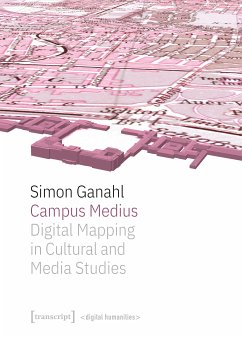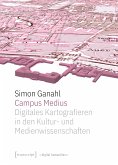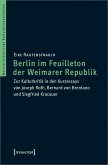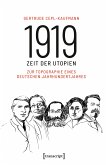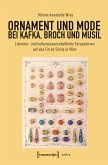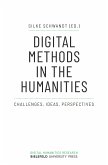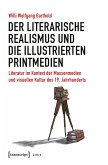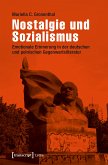Campus Medius explores and expands the possibilities of digital cartography in cultural and media studies. Simon Ganahl documents the development of the project from a historical case study to a mapping platform. Based on the question of what a media experience is, the concepts of the apparatus (dispositif) and the actor-network are translated into a data model. A time-space of twenty-four hours in Vienna in May 1933, marked by a so-called »Turks Deliverance Celebration« (Türkenbefreiungsfeier), serves as an empirical laboratory. This Austrofascist rally is mapped from multiple perspectives and woven into media-historical networks, spanning from the seventeenth century up to the present day.
Dieser Download kann aus rechtlichen Gründen nur mit Rechnungsadresse in A, D ausgeliefert werden.
»'Campus Medius' takes a scholarly, sophisticated, and highly innovative step in pushing German(-language) digital humanities forward, with its intriguing insights spanning German and Austrian Studies, Media Studies, and cultural history more broadly - while exploring the rich intersections between and among all four of those fields.«
Jaimey Fisher, The German Quarterly, 96/2 (2023) 20230523
Jaimey Fisher, The German Quarterly, 96/2 (2023) 20230523

